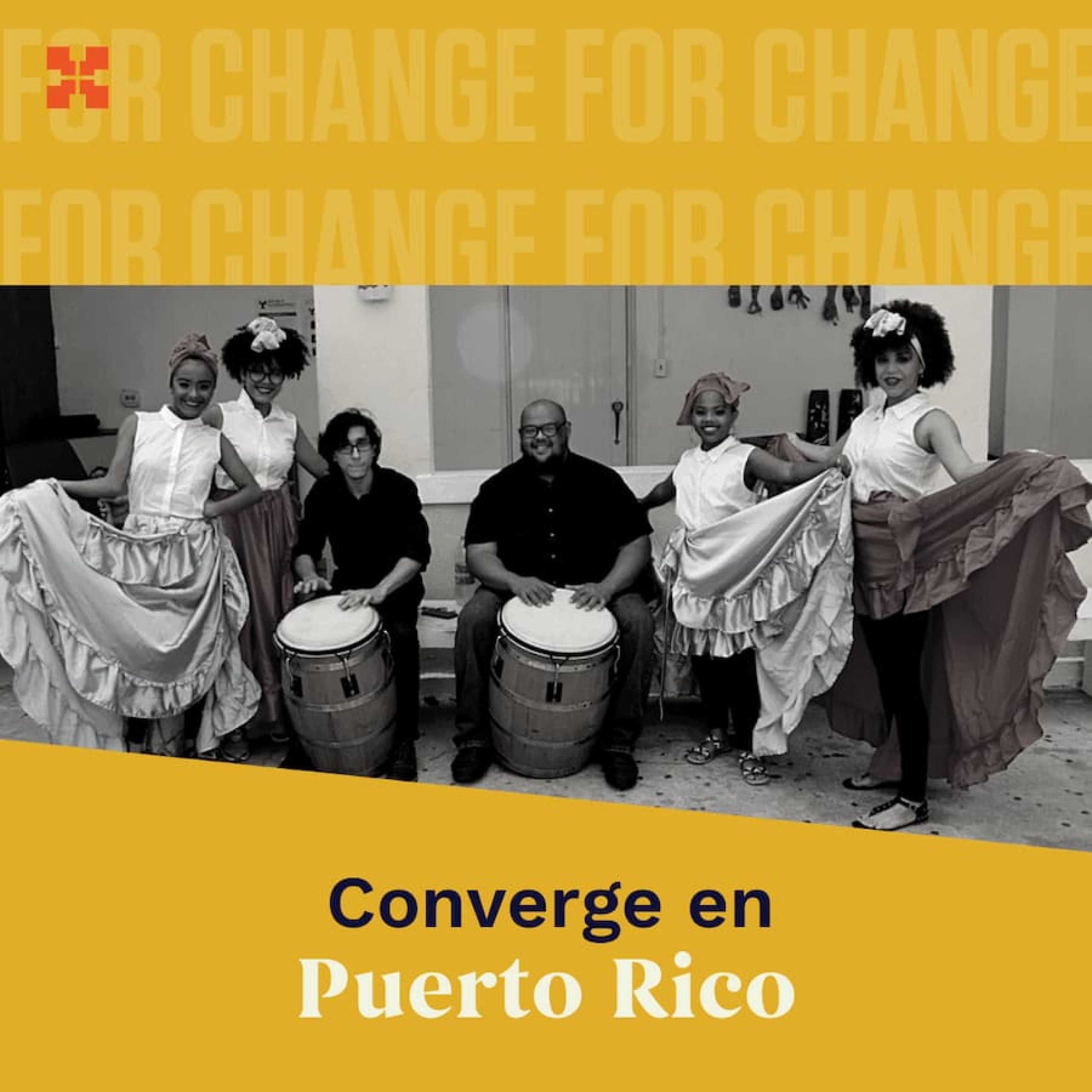Listen To Our Lastest Podcast

In February, at the invitation of the Ford Foundation and Red de Fundaciones de Puerto Rico, a network of progressive funders, I had an opportunity to travel to Puerto Rico to learn about the state of the recovery efforts after Hurricane Maria impacted the island on September 20th, 2017.
Growing up in a Black and Puerto Rican neighborhood in Connecticut, I always knew of the national pride my “Boricua” brothers and sisters had in their home country. Studying the African Diaspora at Howard University, I could also appreciate the rich cultural legacy of this Latinx country, rooted deep in African retentions. And given my work here in the Gulf Coast, I knew this pride of place would also be the fuel source of any effort to not just restore the physical infrastructure, but to restore a people after disaster.
Recently at the Association for Black Foundation Executives conference, Leticia Peguero charged attendees to “not only ask what we can do to help Puerto Rico, but to ask what was happening in Puerto Rico the day before the storm?” The day before Maria, Puerto Rico, like New Orleans pre-Katrina, was in economic despair and on the verge of bankruptcy, as a result of years of disinvestment in the island. Also, like New Orleans, the people of Puerto Rico are people of African-descent, whose relationship with the American federal government can be described as neglectful at best. Currently in New Orleans, 39% of children live in poverty and in Puerto Rico child poverty is a shameful 58% – statistics that alone should spark national outcry and action.
As is true in the Gulf South, despite the lagging response of FEMA, community leaders and organizations in Puerto Rico stepped up to meet the needs of their people with little to no help from the federal government. These leaders and organizations self-organized to meet the immediate need for food, water, electrical power and shelter, and are now shifting to organize a resistance to post-disaster opportunists who are already positioning to take advantage of the crisis by privatizing public services and systems like schools and the distribution of electricity. Organizations, like those I visited – CREARTE, PECES, Instituto Nueva Escuela, and Proyecto ENLACE del Caño Martín Peña are doing amazing work to meet both the short-term recovery needs of community, as well as strategize with community about the long-term needs of country. These organizations are not only amazing because they have stepped up in this moment, but they were and are amazing innovators in their respective fields who are committed to engaging community in developing a shared vision for equity and justice that they can work towards together.
What I left Puerto Rico with is an affirmation that culture, including but not narrowly defined as the arts and specific traditions, but as a way of being with one another, is POWER. And, that we must be more than passive allies who show up with charity, but we must step-up to be long-term intentional allies who will stand in solidarity now and beyond the crisis knowing that our destiny is inextricably connected.
NOS TENEMOS A NOSOTROS! WE GOT US!
Read more about my trip here and please take time to learn more about these amazing organizations.
Takema Robinson
Converge Principal